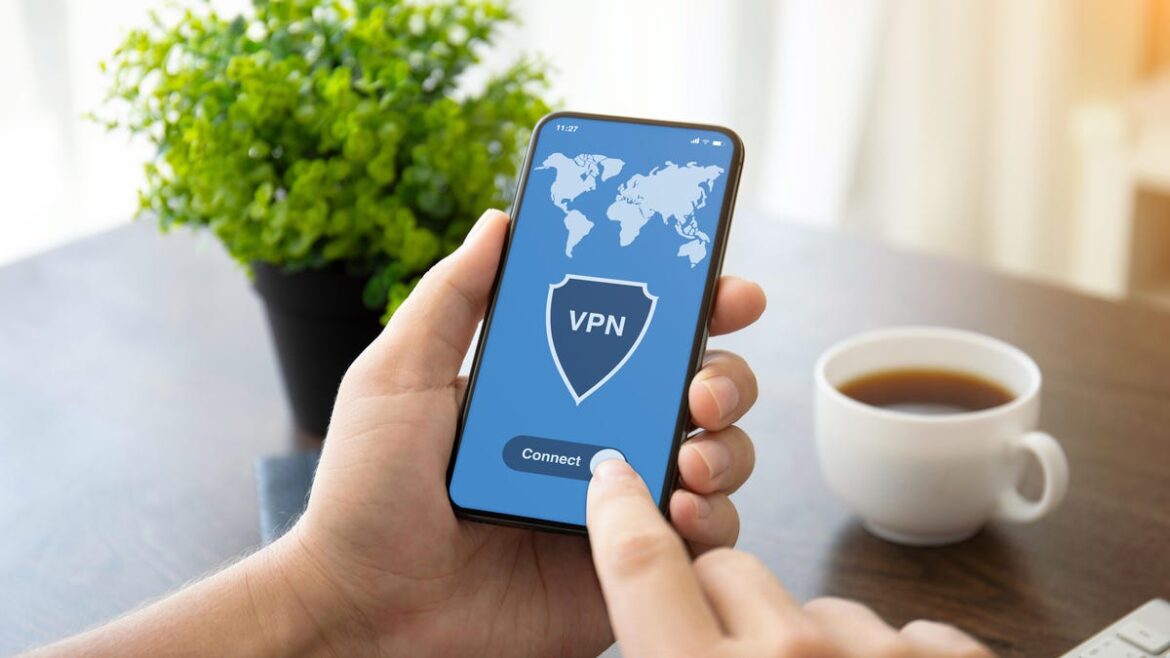PIA
Private Internet Access brings a lot to the table, particularly for regular travelers. Its large server network blankets the globe with 35,000 servers in 91 countries. ExpressVPN and Surfshark deliver more individual country choices but PIA’s sheer number of servers lets you easily find an optimal connection. It’s an especially great VPN for folks traveling domestically or to one of the worldwide locales where Private Internet Access maintains a decent presence. In our experience, we found PIA unblocked Amazon Prime Video, Disney Plus and Netflix on US and UK servers, making it a good VPN for streaming.
Its wallet-friendly pricing sets you back just $12 monthly, $40 for the first year ($50 annually upon renewal) or $79 total for three years. By comparison, most VPNs like NordVPN and ExpressVPN typically charge $60 to $100 a year. The value-packed Surfshark charges about $48 for your first year and its price jumps to $60 after its initial sweet introductory pricing.
Despite its relatively low cost, PIA doesn’t cut corners. Although it’s not the most feature-rich VPN, you’ll get a solid privacy suite, including a kill switch that stops your internet if your VPN gets disconnected, split tunneling for using a VPN for some apps but not others and 256-bit encryption over OpenVPN or IKEv2 with ChaCha20 on WireGuard. There’s multihop, which routes your connection through another server for additional privacy, and obfuscated servers, making it tougher for apps or ISPs to identify when you’re using a VPN. PIA also boasts unlimited simultaneous connections — the pricier ExpressVPN limits you to eight.
Unfortunately, PIA delivered middling internet speeds in our testing with an average speed loss of 49%. All VPNs slow down your connection somewhat, with the fastest VPNs offering an average internet speed loss of 25% or less. Folks with faster internet connections like fiber shouldn’t notice a difference even with a higher speed loss but PIA isn’t ideal for people with slower speeds like satellite internet users. With its decent features, pricing transparency and subscriptions that significantly undercut the competition, PIA remains a solid VPN that boasts a generous server network, unlimited simultaneous connections and relative affordability compared to VPN rivals. But for the price, you’re better off with Surfshark, which is faster and offers a larger global server network.
Read our PIA review.
IPVanish
IPVanish offers 2,400-plus servers in 108 countries, which is in the same ballpark as NordVPN, Proton VPN, ExpressVPN and Surfshark. (Disclosure: IPVanish is owned by the same parent company as CNET, Ziff Davis.) In our experience, IPVanish’s internet download speeds were uneven, with a 44% average internet download speed loss in our 2024 testing, with fast speeds marred by occasionally noticeable dips, which could impact gaming or 4K streaming.
IPVanish provides plenty of perks, including unlimited simultaneous connections, user-friendly apps and great streaming capabilities. It streams and unblocks region-restricted content from Amazon Prime Video, Disney Plus, Hulu and Netflix with aplomb. At $13 monthly, $40 for the first year or $53 total for two years, IPVanish initially saves you money upfront compared to competitors like ExpressVPN or NordVPN. However, its exorbitantly expensive renewal prices of $156 a year for the annual plan and $312 for the two-year plan trounce even pricey autorenewals of ExpressVPN ($100 renewal) and NordVPN ($140 renewal). IPVanish works fine for casual use, but you can get a VPN with more robust privacy features and faster internet speeds, all of which benefit travel. IPVanish’s user-friendly apps make it a decent choice for beginners seeking a VPN to add peace of mind and allow for streaming abroad. But wallet-friendly VPNs PIA and Surfshark are better options for the money because of their larger server networks.
Read our IPVanish review
CyberGhost
With 11,500-plus servers spanning 100 countries, CyberGhost offers loads of choices for international travel. It’s decent for streaming from BBC iPlayer, Netflix and other sites. You can use specific servers optimized for streaming, but streaming works on all servers. CyberGhost remains wallet-friendly at $13 per month, $42 every six months or $57 total for the first two years of service (you’re billed annually after 24 months of service on its two-year plan).
CyberGhost lacks advanced privacy features like Tor Over VPN or double-hop servers, both of which make it even more difficult to trace your traffic back to its source. There is obfuscation, which makes it more difficult to determine that you’re using a VPN, which can circumvent restrictions by countries, ISPs or Wi-Fi networks that have blocked VPNs. Obfuscated servers could be useful when running a VPN at school, work or in a country where virtual private networks are frowned upon.
CyberGhost’s high internet speed loss isn’t ideal for demanding applications like 4K streaming or gaming. CyberGhost does provide some useful features, including a kill switch, which shuts off your internet if your VPN gets disconnected, and split tunneling for selectively choosing some apps but not all to route through your VPN. All things considered, CyberGhost is acceptable for casual use like streaming videos or web browsing, and its exhaustive server network is particularly well-suited to travel. Uneven speed loss and middle-of-the-road privacy features mean you’ve likely got better choices.
Read our CyberGhost review.

